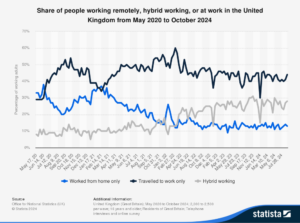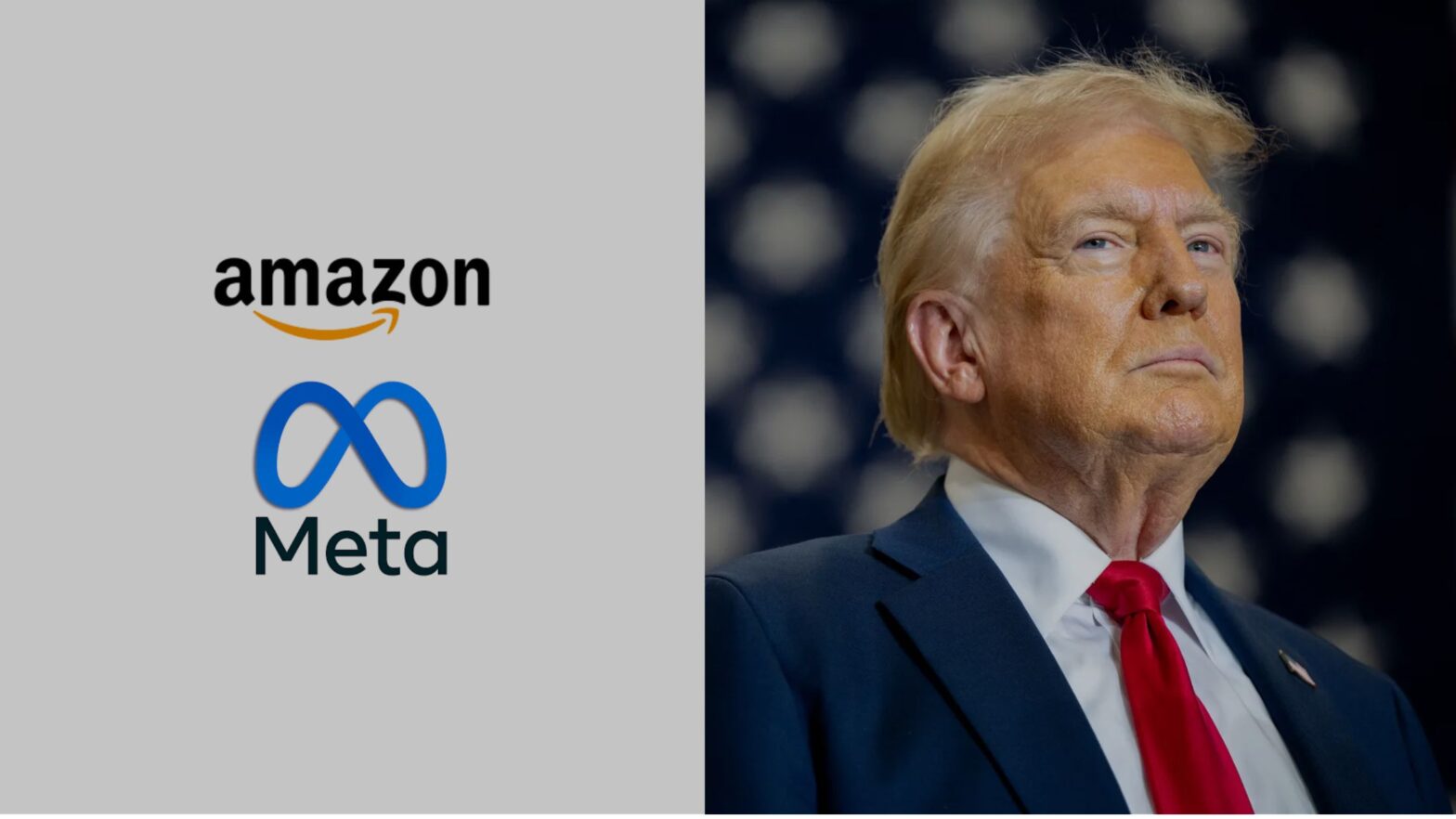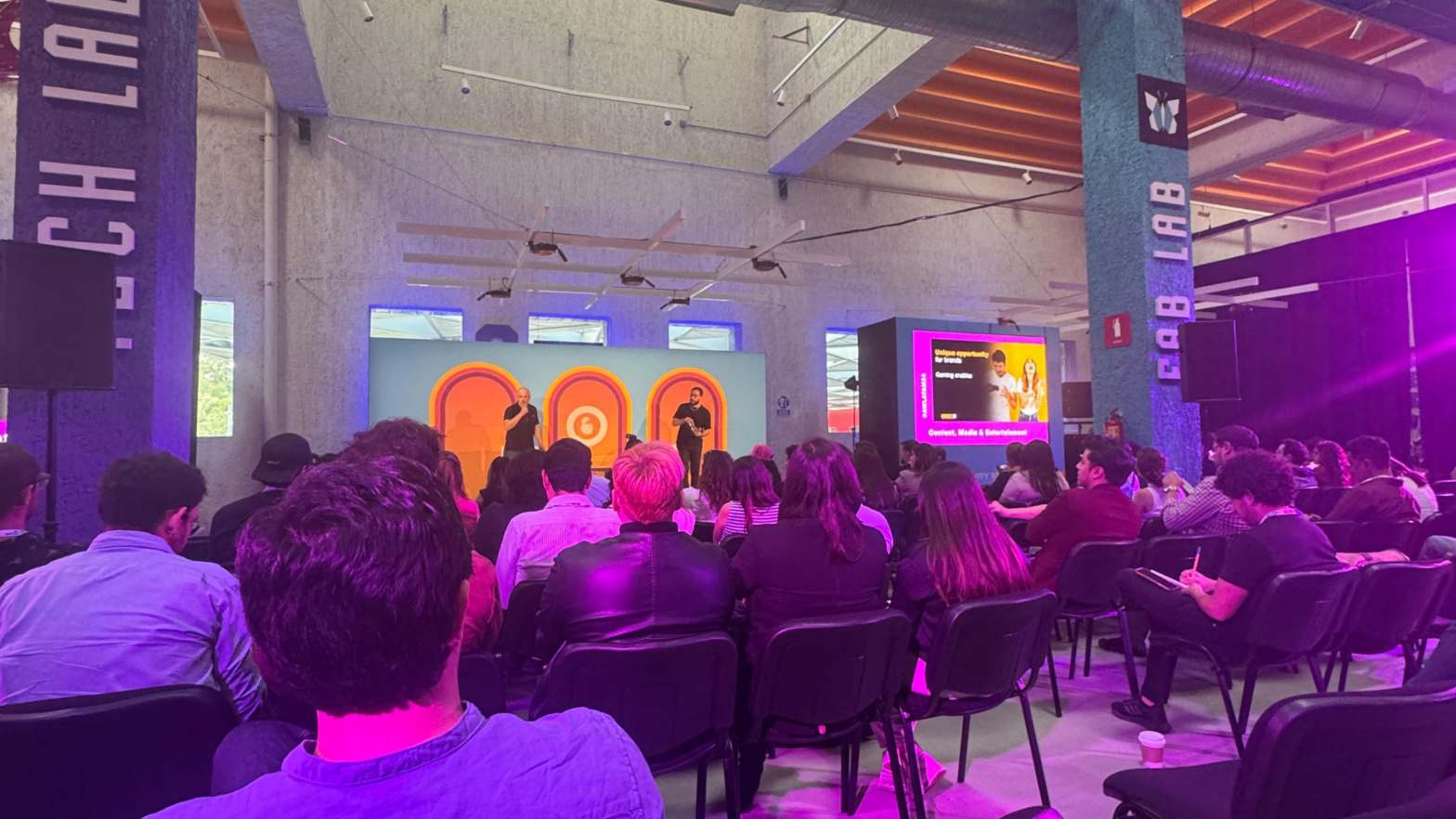Deel and the Rise of Remote Work: What Is This Fintech Doing Differently?
December 16, 2024

In a landscape where many tech companies have backtracked on their remote work policies, Deel is not only embracing the remote model but positioning it as a cornerstone of its success. The fintech company, which facilitates global hiring and payment management, has proven that working from anywhere is not just viable but also profitable.
Remote Work: A Strategy, Not a Concession
Unlike other companies that have questioned the productivity of remote work, Deel has embedded it into its DNA. With over 4,500 employees distributed worldwide, the company boasts a 100% remote approach. There are no headquarters or plans to return to physical offices. Instead, the fintech invests in technology and processes that allow its teams to collaborate efficiently from anywhere in the world.
This philosophy is not just a response to modern labor market demands but also a competitive advantage. By operating without geographical limits, Deel can hire the best global talent, reduce costs, and expand its operational reach.
Remote Work in Numbers: A Market Analysis
According to data from the UK’s Office for National Statistics, the landscape of remote work has changed significantly since 2020. During the most critical months of the pandemic, the percentage of people working exclusively from home surpassed 50%. However, as the world has adapted to the “new normal,” this figure has declined, stabilizing at around 30% in 2024.
Meanwhile, hybrid work, which combines in-office and remote days, has seen steady growth and now represents nearly 40% of the workforce. This highlights a clear preference for flexibility in work organization, with a smaller number (around 25%) returning to the traditional fully in-office model.
Companies like Deel are capitalizing on this context to position themselves as pioneers of the 100% remote model, aligning with global trends and meeting the demands of talent that prioritizes work-life balance.

The Atlantic Money Acquisition: A Strategic Move in Europe
Recently, Deel strengthened its European payment infrastructure with the acquisition of Atlantic Money, a startup specializing in low-cost international transfers. This move not only expands Deel’s technological capabilities but also solidifies its position as a leader in the global fintech market.
Integrating Atlantic Money enables Deel to offer more competitive rates and enhance the user experience—a crucial aspect in a market as competitive as Europe. Additionally, it strengthens Deel’s value proposition for companies seeking more efficient and cost-effective solutions to manage their global workforce.
Lessons from Spotify: Consistency in Workplace Models
Deel’s success doesn’t occur in a vacuum. Other companies, such as Spotify, have also adopted clear stances on remote work, distancing themselves from the trend of returning to the office. The streaming platform, for example, has emphasized that its employees are responsible adults capable of deciding how and where they work best.
This consistent approach, aligned with company culture, is a key factor in maintaining team engagement and productivity. Deel, like Spotify, understands that the future of work lies not in control but in trust and adaptability.
Conclusion: Deel and the Future of Remote Work
Deel is redefining the global workplace by demonstrating that remote work can be a competitive advantage rather than an obstacle. With a clear philosophy, strategic investments like the Atlantic Money acquisition, and an unwavering commitment to flexibility, the fintech company positions itself as a role model in an ever-evolving market.
Deel’s success lies not only in its technological innovation but also in its ability to challenge traditional norms and adapt to the needs of a workforce that increasingly seeks a balance between productivity and quality of life.



